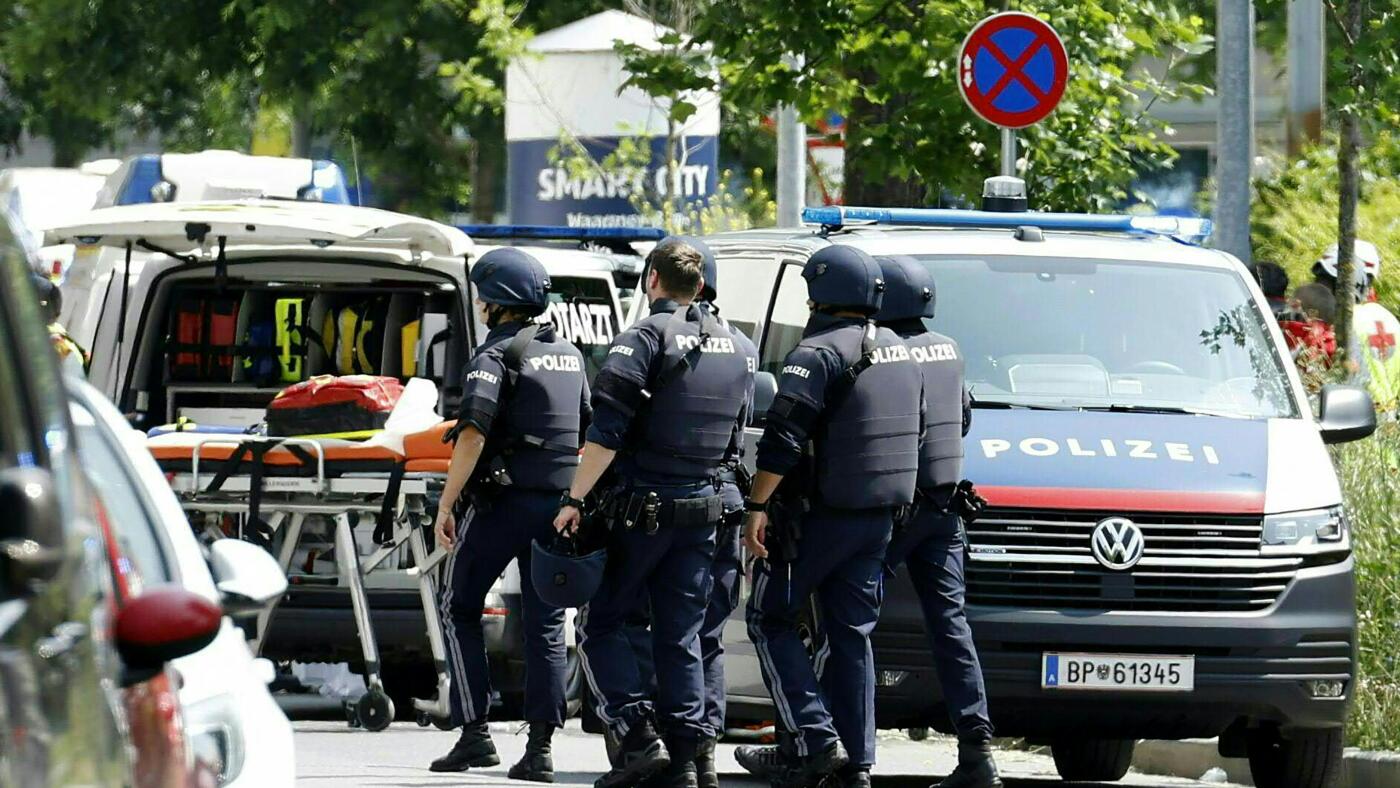Tragic School Shooting in Graz, Austria
A gunman opened fire at a school in Graz, Austria, on Tuesday morning, killing nine people. The incident took place at the Bundesoberstufenrealgymnasium Dreierschützengasse, a secondary school. The authorities believe the shooter died by suicide.
When police received calls about shots fired around 10 a.m., they quickly rushed to the scene. They found that the shooter had claimed nine lives and injured twelve others. Among the deceased were six women and three men, but their ages and roles—students or teachers—were not specified.
As soon as the shooting began, about 300 police officers and 160 paramedics descended on the area to evacuate the school. They discovered the gunman, a 21-year-old former student, dead in a restroom from a self-inflicted gunshot wound. He carried a rifle and a handgun, both legally owned.
Austrian Chancellor Christian Stocker expressed the nation’s anguish, stating, "There are no words to describe the pain, disbelief, and grief that all of Austria feels right now." He proposed three days of national mourning, emphasizing that mass shootings are rare in Austria.
Gun Culture in Austria
With a population of around 9 million, Austria has one of the highest rates of civilian gun ownership in Europe. There are approximately 30 firearms for every 100 people. While automatic and pump-action guns are banned, semi-automatic weapons are permitted under strict licensing. This situation raises questions about gun safety and regulation, especially in light of such violence.
Expert Opinions on Gun Control
Experts argue that stricter gun control is essential. Dr. Anna Friedrich, a psychologist specializing in gun violence, states, "It’s crucial for countries with high gun ownership to implement strict measures. This could prevent similar tragedies."
Historical Context
Mass shootings are uncommon in Austria, contrasting sharply with the frequency of such events in the U.S. This recent tragedy has ignited discussions about how countries enforce gun regulations. Past incidents, even in diverse cultures, reveal a tendency for societies to reassess their stance on gun laws after such events.
In summary, the shooting in Graz has left the nation in shock. The community mourns while grappling with broader questions about gun culture and safety. As Austria reflects on this tragedy, it faces a critical moment for change in policies surrounding firearms.





















